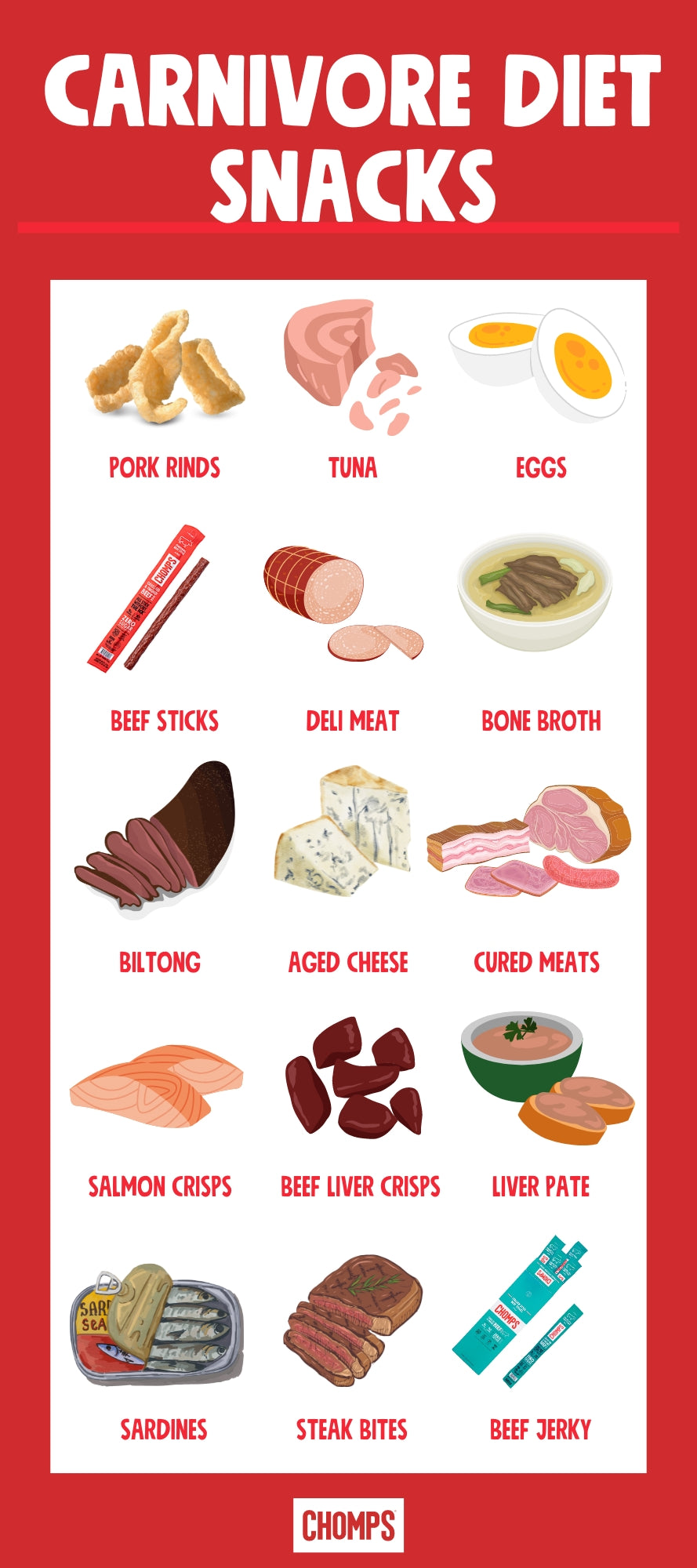
Effective Hypothyroidism Diet Plan for 2025: Discover Essential Tips and Recipes

Hypothyroidism is a condition that affects millions of individuals worldwide, impacting their overall health and quality of life. The thyroid gland plays a crucial role in regulating metabolism, energy levels, and hormonal balance. For those diagnosed with hypothyroidism, following a well-structured diet can significantly aid in managing symptoms and enhancing overall thyroid function. With 2025 just around the corner, it's essential to explore effective dietary strategies that not only support thyroid health but also foster a healthy lifestyle.
This article will delve into a comprehensive hypothyroidism diet plan, offering essential tips and recipes tailored for those managing this condition. By understanding the foods to eat and the dietary changes necessary for optimal thyroid function, individuals can take proactive steps toward a healthier life.
Key takeaways include:
- An overview of thyroid-supportive foods.
- A detailed meal plan focused on high-fiber and iodine-rich options.
- Tips for meal prep and recipes that cater specifically to hypothyroid patients.
- Insights on managing overall wellness through diet.
With proper nutrition and informed dietary choices, patients can manage hypothyroidism effectively, leading to improved well-being and vitality.
Essential Foods to Include in Your Hypothyroidism Diet
Understanding which foods are beneficial for thyroid health is the first step in managing hypothyroidism. Building on these fundamentals allows individuals to create a balanced, nutrient-rich plate that supports overall wellness.
Thyroid Supportive Foods
Incorporating thyroid supportive foods can make a world of difference. Foods rich in iodine, such as seaweed and iodized salt, are vital, as iodine is essential for hormone production.
Iron-rich foods, like spinach and lentils, along with selenium sources such as Brazil nuts, should be included to support thyroid function. Healthy fats, particularly omega-3 fatty acids found in fish and flaxseeds, also play a crucial role in reducing inflammation.
High Fiber Foods for Hypothyroidism
Individuals with hypothyroidism often face weight management issues. Thus, high-fiber foods are essential for promoting satiety and aiding digestion. Whole grains, legumes, fruits, and vegetables should be staples in daily meals.
Opting for gluten-free options, particularly if gluten intolerance is suspected, can also provide relief from symptoms and enhance nutrient absorption. Foods like quinoa and brown rice can be excellent substitutes in various recipes.
Importance of Selenium and Iodine
Selenium and iodine are crucial for maintaining thyroid hormone levels. Brazil nuts, tuna, and mushrooms are excellent sources of selenium. Including these in your diet can support thyroid health effectively.
Iodine-rich foods, including fish and dairy products, need to be consumed in moderation. Finding balance in nutrient intake is essential for those with hypothyroidism.
Foods to Avoid with Hypothyroidism
Just as important as knowing what to eat is understanding what to avoid. Highly processed foods, excessive sugar, and trans fats can exacerbate hypothyroid symptoms. Implementing a dairy-free diet might be beneficial for individuals sensitive to lactose or dairy products.
Many patients also find success with anti-inflammatory foods such as turmeric, ginger, and leafy greens, which can help manage inflammation and boost overall health.
Sample Hypothyroidism Meal Plan
With these dietary considerations in mind, it's beneficial to outline a hypothyroidism meal plan to incorporate throughout the week. With these basics established, we can take a closer look at structuring your meals effectively.
Sample Daily Menu
Here's a simple yet effective daily menu tailored for individuals dealing with hypothyroidism:
Breakfast: Overnight oats topped with chia seeds, walnuts, and fresh berries. This provides a wholesome start, balancing carbs and protein.
Lunch: Grilled salmon salad with mixed greens, avocado, and a vinaigrette dressing. This dish is rich in omega-3 fatty acids and healthy fats.
Dinner: Quinoa bowl with roasted sweet potatoes, black beans, and a drizzle of tahini. Coded for rich nutrients and fiber, this meal supports thyroid health.
Snacks Throughout the Day
Incorporate snacks such as apple slices with almond butter, or a handful of mixed nuts. These options provide sustained energy and important nutrients needed by the body.
Meal Timing for Hypothyroidism
Optimal meal timing can significantly affect energy levels and metabolism. Aim for every 3-4 hours to promote stable energy and prevent blood sugar spikes, especially important for those managing hypothyroidism and diabetes.
Cooking Techniques for Thyroid Health
Cooking methods can influence the nutritional value of meals. Connected to this principle, selecting the right cooking techniques can maximize the benefits of thyroid healing foods.
Healthiest Cooking Methods
Favor cooking methods such as steaming, baking, or grilling instead of frying, which adds excess unhealthy fats. These methods preserve nutrients while ensuring meals remain delicious and appealing.
Spices and Herbs to Enhance Flavor
Add flavorful herbs like thyme, rosemary, and oregano to meals, which not only elevate taste but also provide anti-inflammatory properties, further supporting thyroid health.
Best Cooking Oils for Thyroid
When selecting oils for cooking, it's advisable to use healthy fats like olive oil or avocado oil. These fats are beneficial for heart health and overall wellness, crucial aspects for anyone managing their thyroid condition.
Supplements for Thyroid Support
Sometimes, dietary changes alone may not suffice in managing hypothyroidism. With these concepts now explored, it's essential to consider how supplements play a role in supporting thyroid function.
Essential Vitamins and Minerals
Including vitamin D, B vitamins, and minerals like zinc can support thyroid health effectively. These nutrients are often deficient in hypothyroid patients and addressing these through diet or supplements is critical.
Balancing Hormones with Food
Utilizing foods that promote hormonal balance is vital. Incorporating omega-3s through fatty fish or flaxseeds, and foods high in antioxidants assist in managing symptoms and reducing inflammation.
Hydration for Thyroid Health
Last but not least, maintaining proper hydration significantly aids in overall metabolism and supports thyroid function. Aim for at least 8 glasses of water daily, and consider herbal teas that can provide additional benefits.
Conclusion: Maintaining a Healthy Lifestyle with Hypothyroidism
Managing hypothyroidism through diet involves mindful choices and understanding how foods impact thyroid health. Through implementing hypothyroidism nutrition guidelines, individuals can effectively manage their symptoms and enhance their overall quality of life.
In conclusion, adopting a tailored hypothyroidism meal plan focusing on thyroid-supportive foods, meal timing, and healthy cooking techniques provides a foundation for stable energy, weight management, and improved hormonal balance.

For more information on dietary changes and support strategies for hypothyroidism, you can explore additional resources here and here.